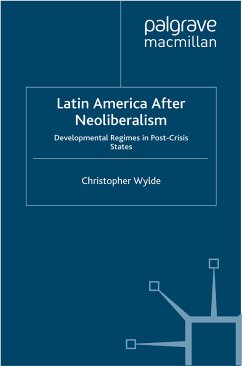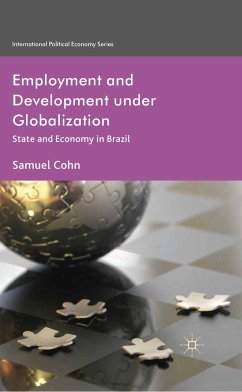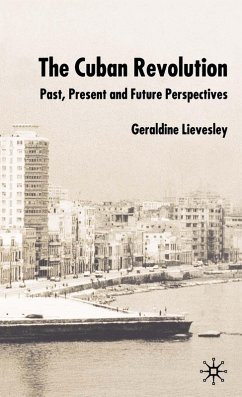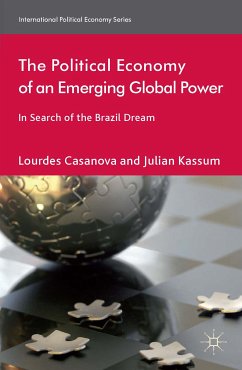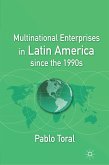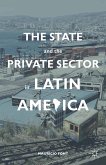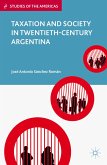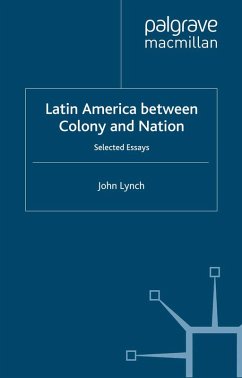Dieser Download kann aus rechtlichen Gründen nur mit Rechnungsadresse in A, B, BG, CY, CZ, D, DK, EW, E, FIN, F, GR, HR, H, IRL, I, LT, L, LR, M, NL, PL, P, R, S, SLO, SK ausgeliefert werden.
'An agenda-setting study of the reconfiguration of state-market and state-society relationships in South America, this study offers a sophisticated analysis of the new political economy landscape taking shape in the region. Detailed and thorough, this book makes a major contribution to the literature on the 'new' political economy of growth, 'reprimarisation' and recovery from crisis in Latin America. Highly recommended for regional specialists and scholars of international political economy.' - Professor Jean Grugel, University of Sheffield, UK
'This book is as much a reconstruction as a presentation of developmental regimes in Argentina and Brazil. Wylde reveals the novel ways in which domestic economies now intersect with global markets. An exposition not be missed as Latin America emerges in the global economy.' - Diana Tussie, Director, Department of International Relations, FLACSO, Buenos Aires, Argentina
'[Wylde] concludes that the post-crisis political economy represents continuity with various economic policies and change, especially in terms of social policies. Thus, the new model of capital accumulation in these countries does in fact break with the corporatism and clientelism of Argentina's Peronist history, as well as with the neoliberalism of Brazil under former president, Fernando Henrique Cardoso. This argument sets this book apart from similar literature [...]' - Jenny Cockburn, The Canadian Journal of Latin American and Caribbean Studies, 2014, 39(1), 157-169

